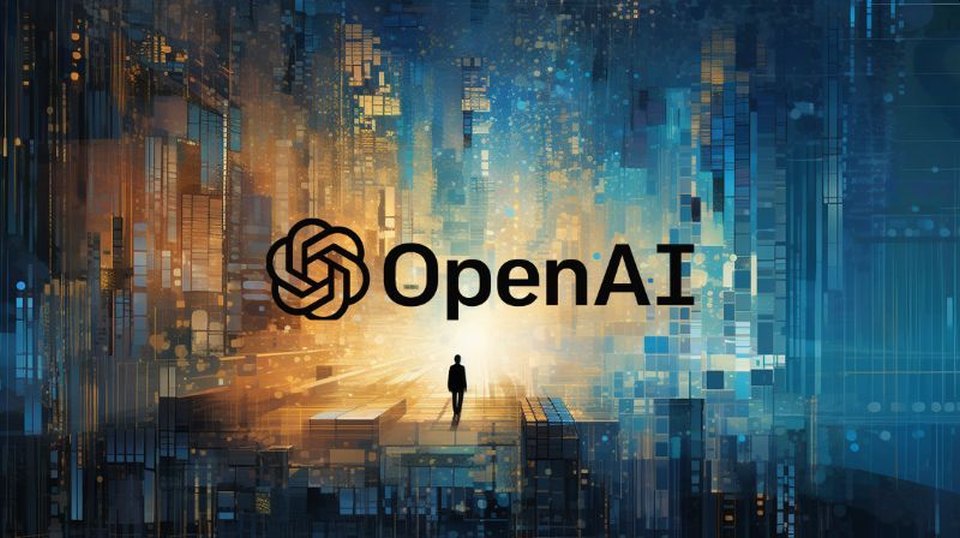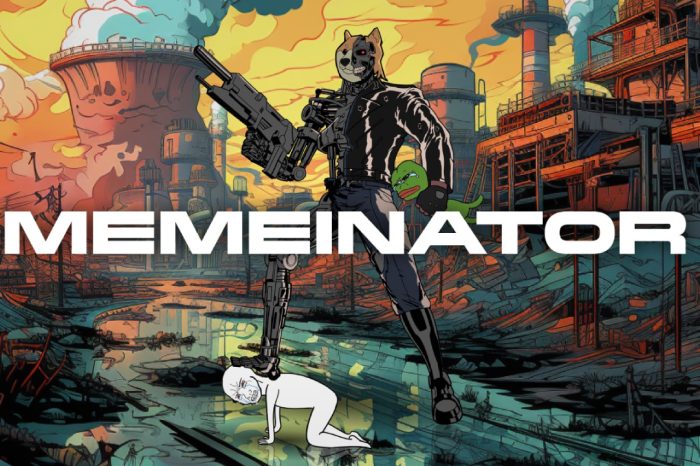USPTO rejects OpenAI’s “GPT” trademark application

OpenAI, the organization behind the ChatGPT platform, has hit a roadblock in its efforts to trademark “GPT” as the company faces challenges over its claims of “GPT” ownership. GPT is an acronym for “Generative Pre-trained Transformer,” representing their family of large language models, notably including GPT-3.
The United States Patent and Trademark Office (USPTO) has rejected OpenAI’s application to register “GPT” as a trademark. The USPTO cited that the application did not meet all the necessary requirements.
The USPTO’s final refusal to register the “GPT” trademark was based on the grounds that it was deemed “merely descriptive” and the provided specimen did not adequately demonstrate the mark’s use in commerce for Class 09.
While the term “final refusal” may sound definitive, OpenAI still has options available. They can file a request for reconsideration of the decision within three months. Additionally, for an extra fee, they have the option to request a three-month extension of the response deadline.
The latest setback follows OpenAI’s initial application to trademark “GPT” in March 2021. Initially rejected by the USPTO in May 2022 due to a procedural error, OpenAI resubmitted the application with the necessary payment.
However, in September 2022, the USPTO issued a substantive rejection, arguing that “GPT” is merely descriptive and could cause confusion among consumers. This is due to the possibility of similar terms represented by the initials, coupled with the common usage of “generative” and “transformer” in the AI field.
OpenAI contested the USPTO’s decision by petitioning for reconsideration, asserting that “GPT” has attained distinctiveness through its widespread recognition and association with their specific models. They provided evidence to support their claim, including public recognition of “GPT” with their models and the absence of market confusion.
As of now, the USPTO has not issued a final decision on OpenAI’s petition. The situation remains unresolved. It’s worth noting that even if the “GPT” trademark is rejected, OpenAI still holds copyright and other intellectual property rights over their specific language models. Nonetheless, obtaining the trademark would offer broader protection against unauthorized use of the “GPT” name in a potentially confusing manner.
Below is a PDF document from the USPTO indicating that OpenAI’s application to trademark “GPT” has been rejected.
97733259 (1)




